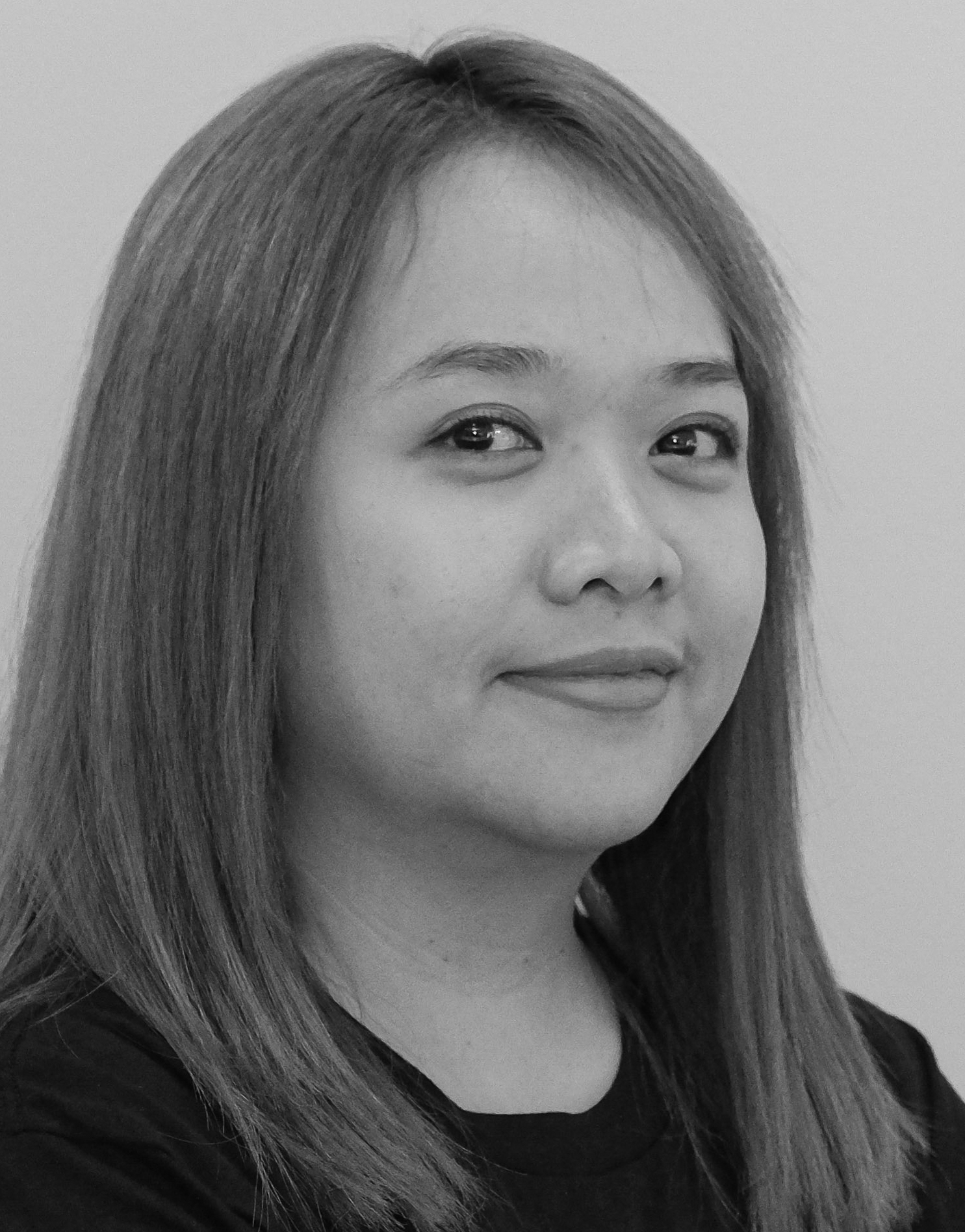SANDAKAN – Alternative schooling operators in Sabah are urging the Education Ministry to develop a clear, concrete, and comprehensive plan before launching its education programmes for stateless children in Sabah.
Local non-government organisations (NGOs) that have been running the schools for the stateless in Sabah for years expressed concern over the recent announcement made by Education Minister Fadhlina Sidek regarding the upcoming launch of the programme at the end of this month.
Mukmin Nantang, a teacher at the alternative school in Semporna which is run by Borneo Komrad, said the programmes must not be a “token” initiative that fails to address the harsh reality of thousands of stateless children being denied access to education in Sabah.
“The Education Ministry is not an NGO – it must have a clear and comprehensive strategy in place before initiating a programme in Sabah,” Mukmin said.
Mukmin’s comments were prompted by a recent news report on Malaysiakini, which featured Fadhlina’s announcement that a programme with a similar concept to Sekolah Jalinan would be launched in Sabah at the end of this month – targeting stateless children in the state.
Fadhlina also mentioned having approached an NGO that helps undocumented children access education in Sabah, stressing that the ministry is open to anyone willing to contribute.
Mukmin expressed his surprise at not having been contacted by the ministry and pointed out the importance of collecting accurate data before implementing such a programme in Sabah, particularly given the potential scale of the issue.
“Does the ministry have a clear understanding of the number of children being denied education in Sabah? How many of them are stateless? Has the necessary data been collected? How many alternative education initiatives have they engaged with and invited for discussions? According to Fadhlina, only one NGO was consulted.
How can this initiative be seen as a serious effort when education for stateless children is a matter affecting possibly hundreds of thousands of individuals?”
Mukmin also questioned why the ministry did not reach out to the numerous existing alternative education centres in Sabah, which have been in operation for many years and could offer more concrete solutions.
He recalled previous discussions with Fadhlina on stateless children’s education and hoped for a face-to-face meeting involving all alternative education centres in Sabah to develop the best strategy for the programme.
Mukmin also noted the need for in-depth discussions involving various stakeholders, including alternative education centres, civil network movements, academics, legal professionals, community leaders, and others.
Mukmin proposed the establishment of a special education committee for stateless children within the ministry. This committee would be responsible for gathering data, conducting research, addressing issues, engaging with grassroots communities, coordinating centres, launching campaigns, and more.
He pointed out the importance of creating an organic, long-term change, not a hasty one, and urged a focus on the programme’s potential impact over five, 10, or even 39 years.
Meanwhile, Wadzkir Abdul Hamid from Cahaya Society, a Sandakan-based alternative centre, also expressed surprise at not being approached by the ministry regarding the programme.
He called for more transparency regarding the measures, methods, approaches, and sustainability of the programme. Wadzkir emphasised the importance of consulting with NGOs working in the field and expanding the programme’s scope beyond education to include safety, health, women’s issues, and environmental concerns.
Cahaya Society stands ready to share data and information with the ministry and hopes that the Education for All (physical and digital) campaign will encompass the entirety of Sabah to avoid political biases.
The concerns raised by these alternative school operators were further discussed in an online forum by four advocates, including Mukmin, Kathryn Rivai (Etania School), Cameliah Thomas (Advocates for Non-discrimination and Access to Knowledge), and Asrin Utong (Cahaya Society) on October 12 this year. – October 17, 2023


